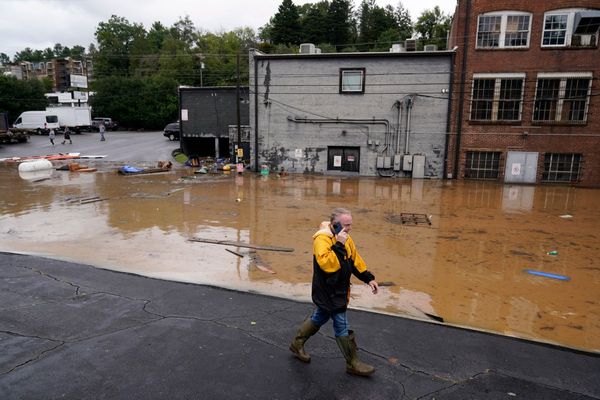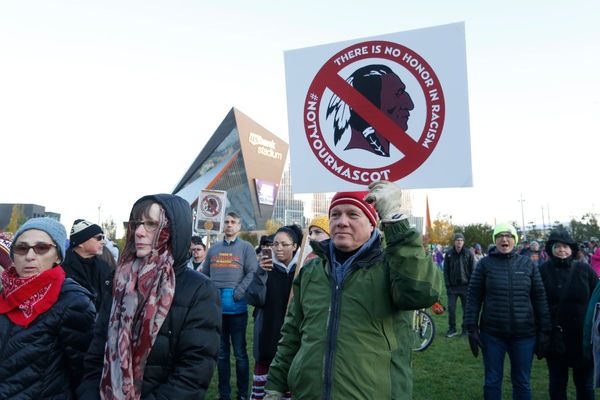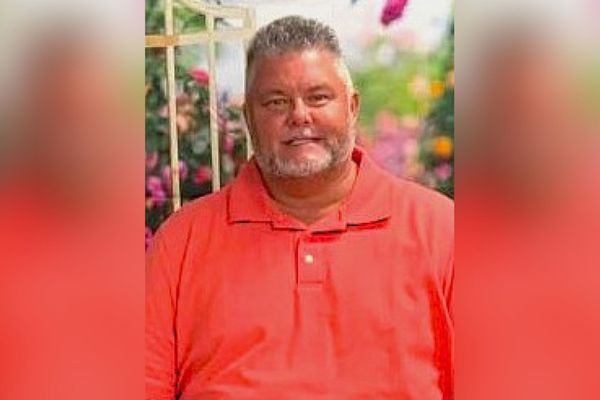
Hong Kong (AFP) - One of Hong Kong's top coronavirus experts on Thursday joined a growing chorus of criticism over plans to test the entire city, saying doing so during its worst-ever outbreak would have little impact.
The Asian financial hub is registering tens of thousands of new cases each day, overwhelming hospitals and shattering the city's zero-Covid strategy.
China has ordered local officials to stamp out the current wave even as studies estimate as many as a quarter of the city's residents may have already been infected.
Authorities plan to test all 7.4 million residents later this month and are scrambling to build a network of isolation camps and temporary hospitals, with China's help, to house the infected.
The criticism from Yuen Kwok-yung, a veteran microbiologist who led the city's fight against SARS in 2003, follows multiple other local health experts taking issue with the strategy this week.
Yuen, a key government pandemic adviser, said mass testing can help break transmission chains when there are "only a few dozen or a few hundred cases a day" and has been deployed successfully in mainland China when outbreaks first emerge.
"If we are recording over 50,000 new cases every day, I don’t think (mass testing) will be very helpful," he told reporters.
"If we do not have sufficient isolation facilities, the effectiveness of compulsory testing will be very low."
Yuen's comments add to a growing gulf between Hong Kong experts and their mainland counterparts, who are increasingly directing the city's fight via a joint task force set up in neighbouring Shenzhen.
China is the only major economy still hewing to a zero-Covid strategy.
Record-breaking caseload
Hong Kong authorities have said they still plan to try and isolate infected residents in camps.
About 70,000 units are expected to come online in the coming weeks, in requisitioned hotels and public housing as well as camps.
But that is a fraction of what would be needed.
On Thursday alone, Hong Kong reported a record 56,827 new infections, bringing the total to nearly 338,000 since the highly transmissible Omicron variant broke through.
More than 1,100 have died, the vast majority unvaccinated elderly people.
The real infection numbers are likely far higher, in part because residents worried about being sent to camps are afraid to tell authorities they have tested positive.
The isolation and mass-testing plans have compounded uncertainty in Hong Kong this week.
Panic buying has stripped some supermarket shelves bare, while the United States warned against travel to the city citing, in part, the risk of children being separated from parents.
Hong Kong's subway operator, bus and ferry companies as well as a major supermarket chain have all announced reduced operations.
The city's poorest and most vulnerable communities, meanwhile, have been hit hardest.
On Thursday, local charity the Justice Center warned there was "a humanitarian crisis in the making" as the city's 14,000 refugees were struggling to buy food as costs spiral.
Refugees and asylum seekers cannot work in Hong Kong and have to live on a small allowance from the government.







